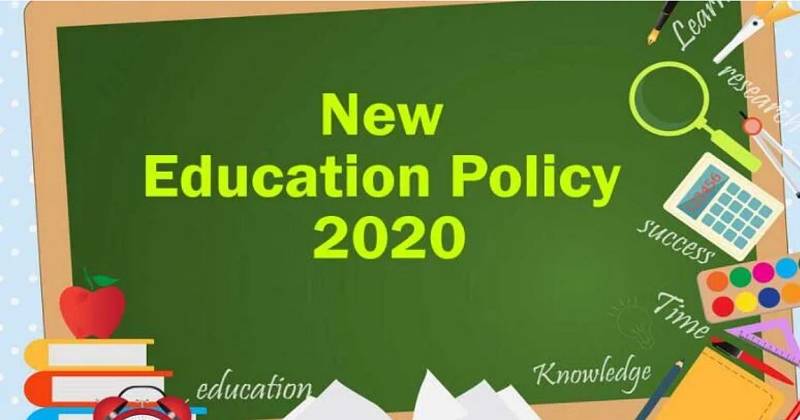
New Delhi: The Union government has made it clear that it will implement the new National Education Policy (NEP) soon. The implementation of NEP was affected by the Covid-19 pandemic.
The Union government introduced the new National Education Policy (NEP) in July 29,2020. The Union government also renamed Ministry of Human Resource Development (MHRD) as Ministry of Education. The NEP 2020 is the first education policy of 21st century. It has replaced the old national education policy launched in 1986.
Also Read: Authority in Dubai announces new mask rules and Covid-19 protocols
Educational experts has developed the NEP on four pillars which are Access, Equity, Quality, and Accountability. As per the NEP, the medium of instruction in schools until Class 5, or preferably Class 8, will be either in home language, mother tongue or regional language. Also, by 2030, the minimum education qualification for teaching will be a 4 year integrated B.Ed course.
The new NP will replace the 10+2 structure. It will be replaced by a 5+3+3+4 structure which comprises 12 years of school and 3 years of Anganwadi/ pre-school. Sanskrit will also be included at all levels in school and higher educations as an option for students which includes three language formulas. But no student will be forced to study any language.
As per the vision of #NEP2020, the Government has approved the #NewIndiaLiteracyProgram (NILP) aiming at providing Education for All, covering all aspects of education for non-literates of 15 years and above. Let’s take a glance at some of its major features. pic.twitter.com/dfZ3obIMHz
— Ministry of Education (@EduMinOfIndia) February 16, 2022
According to the NEP, the board examination for 10th and 12 will be continued but will be redesigned with the aim of holistic development. Mathematical thinking and scientific temper coding will start from class 6. Vocational education will start in school from 6th grade which also includes internships.
Higher education will receive flexibility in subjects and there will be multiple entries and exit points. UG programme can be of 3 or 4 years with multiple exit options with appropriate certification in this period like certificate will be awarded after 1 year, advanced diploma after 2 years, degree after 3 years, and bachelor with research after 4 years.

Integrated five year bachelor-masters’ courses will be a prominent feature once the policy is implemented while MPhil courses will be discontinued. All higher education institutions, except legal and medical colleges will be governed by a single regulator. A common entrance exam for admission to universities and higher education institutions across India will be launched.
Meanwhile, state government in Meghalaya has decided to form a task force to implement the NEP. Thus, the northeastern state will become the first state in the country to implement NEP.

Post Your Comments